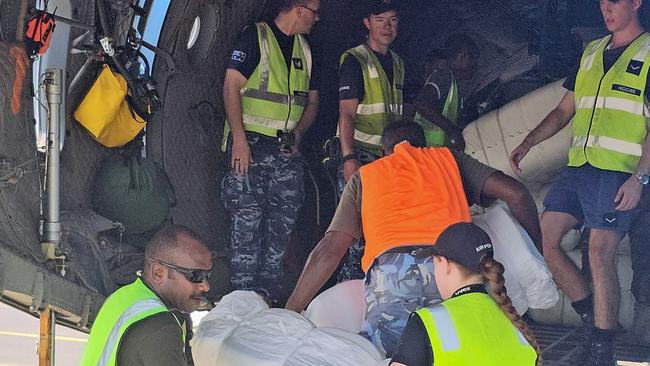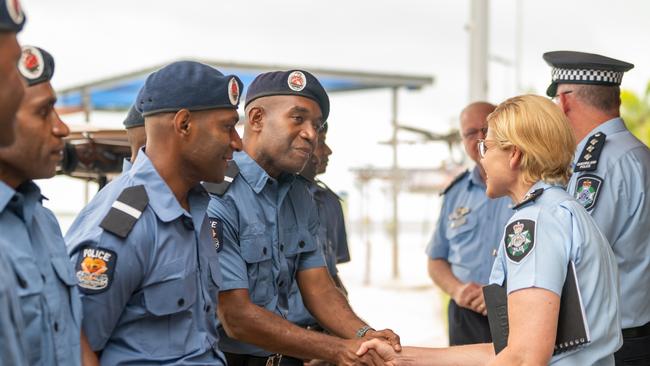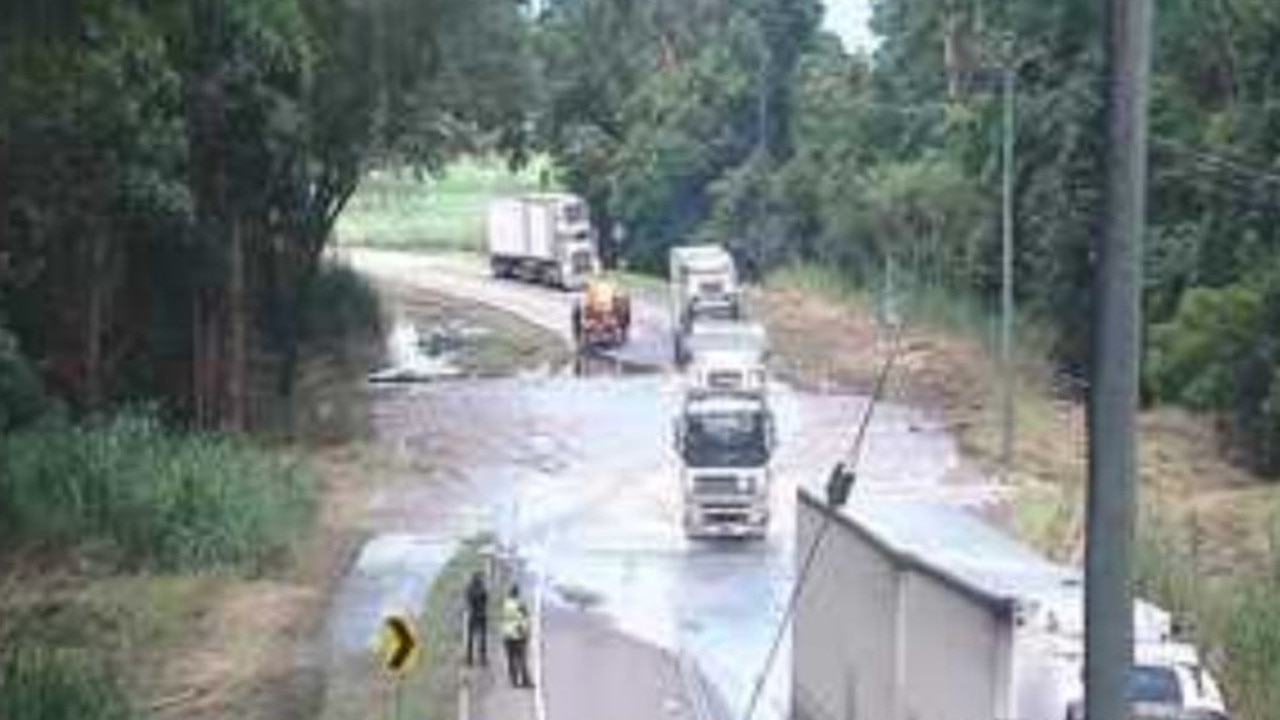Growth lies in ‘strategic pivot to the north’: Jacinta Reddan
The tragedy in the highlands of Papua New Guinea following recent devastating landslides was felt keenly in Cairns, highlighting the close ties between the Tropical North and our nearest neighbour.

Cairns
Don't miss out on the headlines from Cairns. Followed categories will be added to My News.
The tragedy in the highlands of Papua New Guinea following recent devastating landslides was felt keenly in Cairns, highlighting the close ties between the Tropical North and our nearest neighbour.
Our thoughts immediately turned to the large and vibrant PNG diaspora in Cairns whose families and communities have been directly impacted.

These strong ties increasingly direct Cairns’ gaze not south, as we have done in the past, but to the North, drawing on centuries of vibrant sea trade across the Torres Strait.
Indeed, as we at Advance Cairns engage with our members across Tropical North Queensland to develop our ten-year strategic plan, Roadmap 2034: A Framework to Strengthen FNQ, we see future prosperity and sustainable growth of the region lying in a strategic pivot to the north, rather than measuring ourselves against the south.
Cairns stands at the geographic nexus of Australia’s multilateral engagement with the Pacific in a rapidly changing geopolitical environment.
This proximity to the Asia Pacific, and particularly in the shadow of an increasingly assertive China, heightens the region’s role in the nation’s commitment to “harden the north”.
We expect to see greater defence spending in the region, not only in maritime assets but also in air force facilities and related critical infrastructure.
More foreign vessels are expected to visit Trinity Inlet, benefiting our marine industry with maintenance and provisioning needs.

This comes on top of nearly $700m of federal and state funding for the wider maritime industry, including the significant upgrade to wharf infrastructure at HMAS Cairns.
However, it’s about more than hard infrastructure alone.
The Pacific Maritime Training Services offered at the TAFE Greater Barrier Reef International Marine College plays an important role in capacity building in the region while also forging enduring cultural ties.
The college is expanding its training facilities to meet the growing maritime industry demands and to expand its training, strengthening the maritime security of Pacific Island nations.
Our general aviation sector is vital for connectivity between the Tropical North, the Torres Strait, Papua New Guinea and beyond, with our maintenance, repair and overhaul industry servicing fixed wing and rotary aircraft operating throughout the region.
The sector also invests heavily in capacity building by taking on apprentices and trainees from across the region, and provides vital emergency and aid links to some of the most remote areas of Papua New Guinea.

Seven destinations across Asia-Pacific are currently serviced by 76 flights, fuelling tourism, international education, freight, and trade and business operations.
The move to lighter medium-range aircraft will also see an increase in airlines using Cairns as the northern gateway to Australia.
There is a material opportunity to firmly establish the city as the nation’s northern international hub for passengers and freight.
All of these factors, together with our rich history of engagement, create a vibrant multicultural community.
This is reflected in our food scene (and no better showcase than Rusty’s) and our dynamic mix of cultures with the largest diaspora of people from PNG outside Port Moresby calling Cairns home.
Together with a diverse range of cultures across the Asia Pacific and as the only place in Australia where two Indigenous cultures meet, this truly is our region’s secret sauce.
Our geographic adjacency, structures, business, defence, capacity building, education, cultural ties and relationships with the Asia Pacific deliver a pivot to the north filled with promise and opportunity.
More Coverage
Originally published as Growth lies in ‘strategic pivot to the north’: Jacinta Reddan




